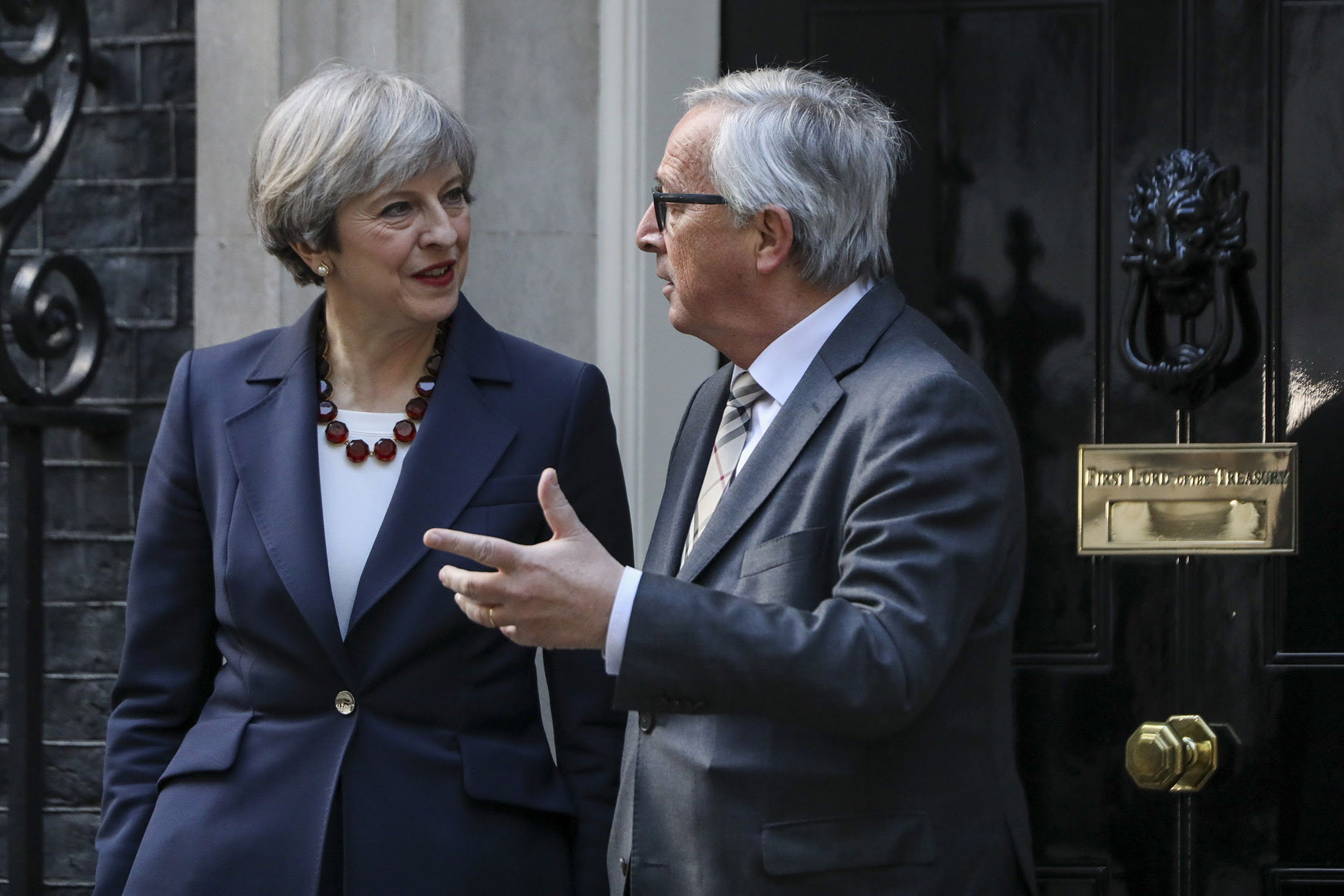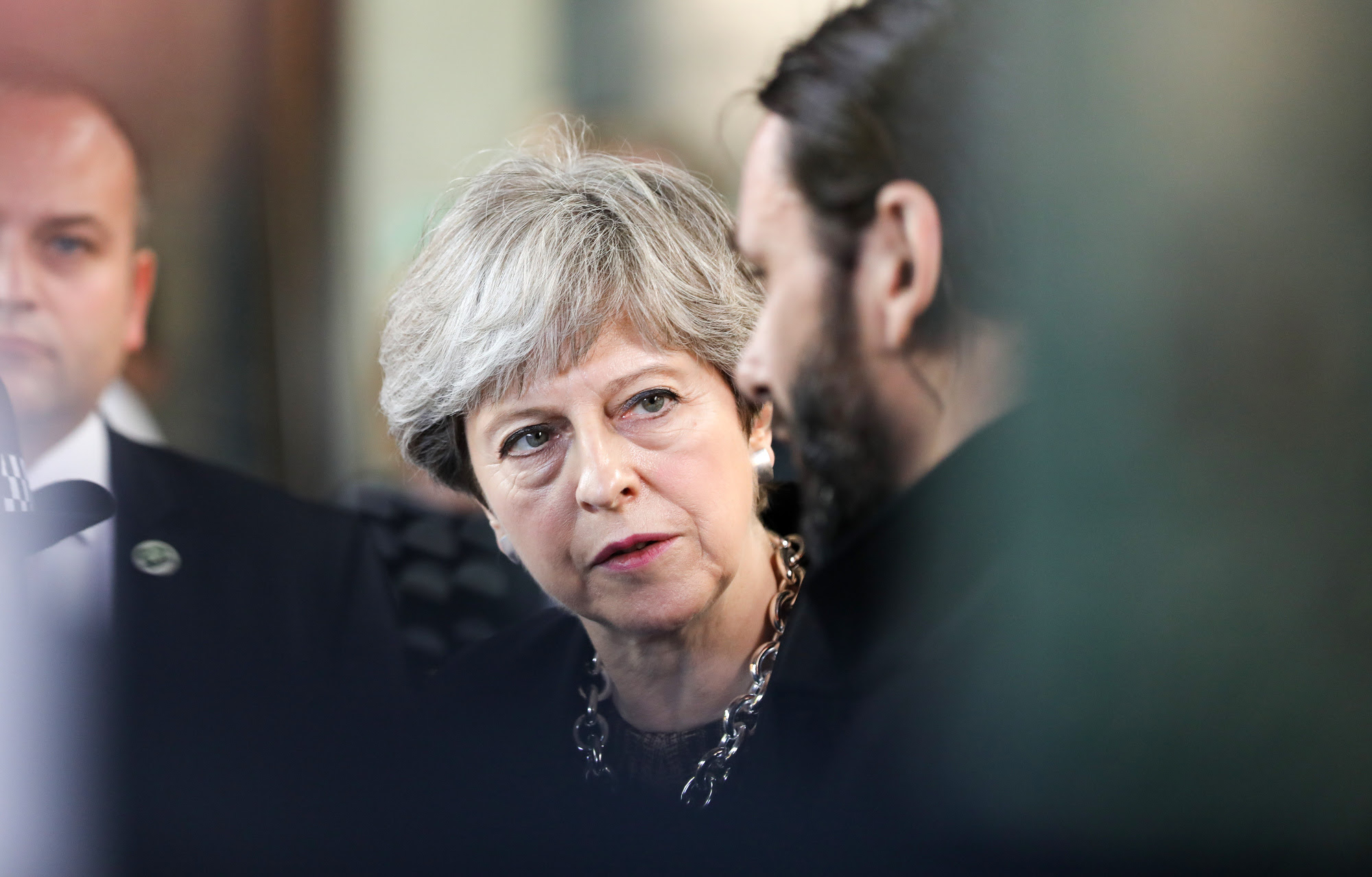Not today

Once flagged as the moment when a Brexit deal could start coming together, a lunch between Prime Minister Theresa May and European Commission President Jean-Claude Juncker in Brussels on Monday won’t be the breakthrough some hoped as recently as a week ago. U.K. officials are managing down expectations. It’s not just that a deal on the Irish border remains elusive. The issue of what role the European Court of Justice can have post-Brexit has re-emerged as a major stumbling block after a weekend of intense back-and-forth, according to people on both sides. The ECJ has totemic importance for the Brexit backers in May’s Conservative Party, who see it as a symbol of lost sovereignty. On the EU side, it’s a possible deal-breaker as the veto-wielding European Parliament has made clear the court must have a role in protecting the rights of EU citizens living in the U.K. after Brexit. May is ready to compromise, enraging some party members, but her offer may not go far enough for the...




